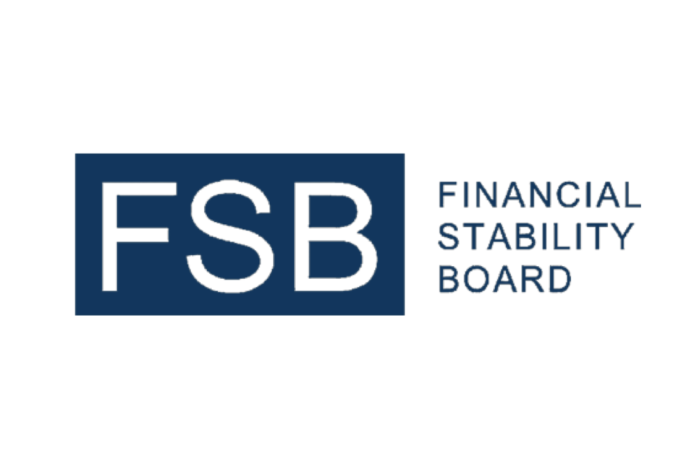
Custodia Bank Pursues Federal Reserve Master Account Despite Legal Hurdles
Custodia Bank, a prominent player in the realm of digital asset banking, finds itself embroiled in a legal battle for access to the heart of the U.S. financial system: a Federal Reserve master account. Recent developments suggest that Custodia is far from conceding defeat, as the bank escalates its efforts to secure a pivotal foothold in the banking landscape.
The saga began in 2020 when Custodia, led by Wall Street luminary Caitlin Long, submitted its application for a Federal Reserve master account. However, the journey towards integration into the Federal Reserve system has been fraught with challenges and legal complexities.
A pivotal moment in Custodia’s quest occurred in January 2023 when its application was denied by the Federal Reserve, citing concerns over the bank’s involvement in the crypto space. This setback marked a turning point, prompting Custodia to pursue legal recourse in its pursuit of a master account.
Despite facing formidable opposition, Custodia’s resolve remains unwavering. The bank’s recent notice of appeal, filed with the United States Tenth Circuit Court of Appeals, signifies its determination to challenge the lower court’s ruling that denied its bid for a master account.
The significance of a Federal Reserve master account cannot be overstated. Access to such an account empowers financial institutions with direct entry into the Federal Reserve’s payment systems, facilitating seamless transactions and enhancing operational efficiency. For Custodia, the absence of a master account represents a significant impediment to its ability to provide custodial services for digital assets, hampering its competitiveness in a rapidly evolving landscape.
Central to Custodia’s legal argument is the contention that Federal Reserve Banks wield discretionary authority in granting master accounts. However, Custodia asserts that its application was unjustly rejected, citing undue influence exerted by the Federal Reserve Board of Governors.
Judge Scott Skavdahl’s ruling in March upheld the Federal Reserve’s prerogative to deny Custodia’s application, citing concerns over the potential erosion of state chartering laws if master account approvals were mandated. Despite this setback, Custodia remains resolute in its pursuit of justice, buoyed by its commitment to upholding the integrity of the legal process.
As Custodia forges ahead in its legal battle, the implications resonate far beyond the confines of the courtroom. The outcome of this protracted dispute could shape the regulatory landscape for digital asset banking and influence the trajectory of financial innovation.
In the face of adversity, Custodia’s tenacity underscores the enduring spirit of fintech pioneers striving to carve a path towards a more inclusive and technologically-driven financial ecosystem. As the battle for a Federal Reserve master account rages on, Custodia’s unwavering determination serves as a testament to the transformative power of perseverance in the pursuit of progress.





